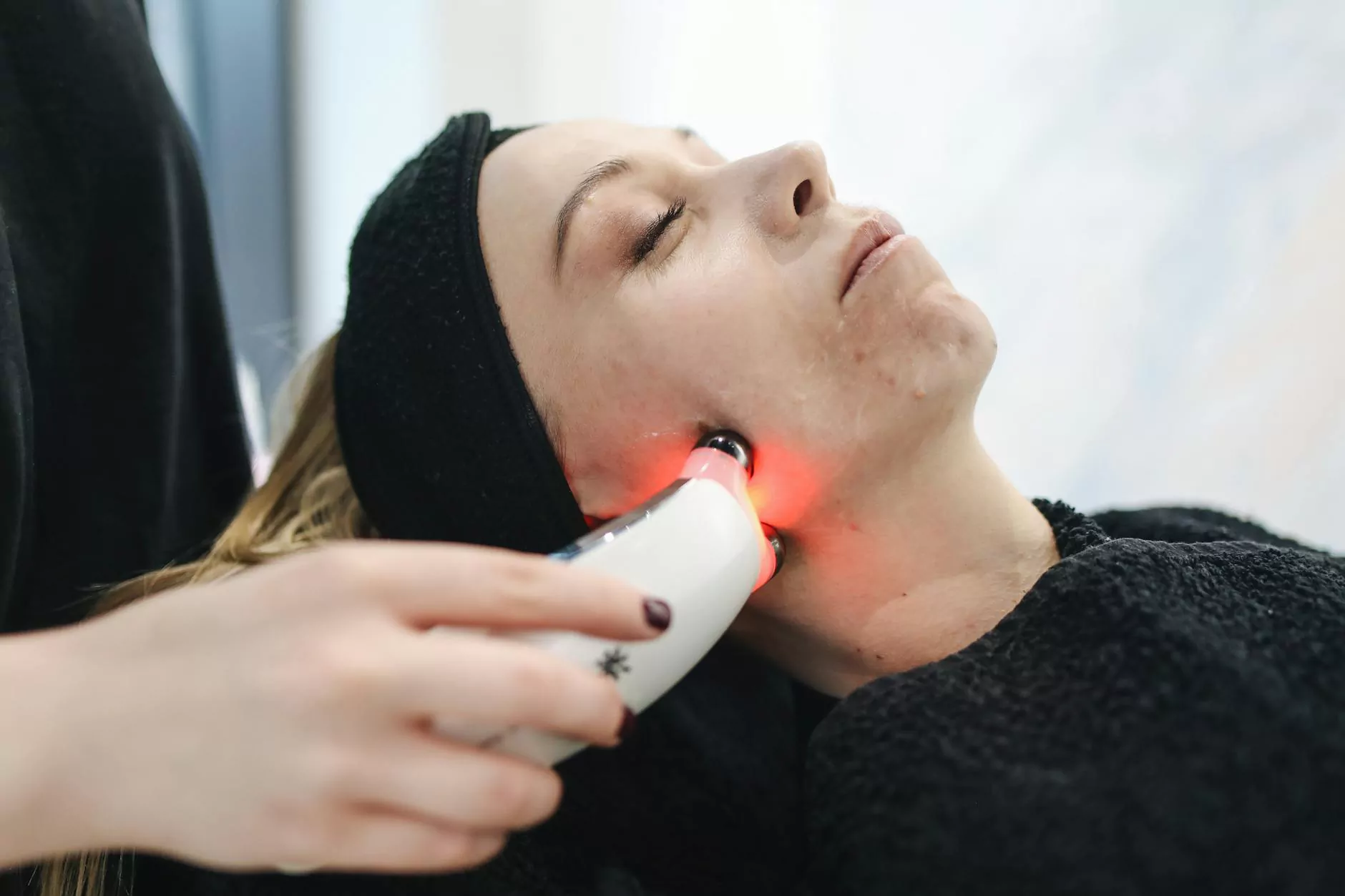The Disadvantages of Dental Crowns

When it comes to dental procedures, dental crowns are a common treatment option used to restore damaged or decayed teeth. While dental crowns offer many benefits and can improve the overall appearance and functionality of your smile, it's important to be aware of the potential disadvantages associated with this treatment.
Discomfort
One of the potential drawbacks of getting a dental crown is the discomfort that some patients may experience during and after the procedure. The process of preparing the tooth for the crown, which involves removing a portion of the tooth structure, can cause sensitivity and discomfort. Additionally, some patients may experience temporary discomfort after the crown is placed as they adjust to the new restoration.
Cost
Another consideration when getting a dental crown is the cost involved. Dental crowns can be a significant investment, especially if you require multiple crowns or if you opt for a more expensive material such as porcelain or zirconia. It's important to discuss the cost of the procedure with your dentist and explore any potential financing options that may be available.
Possible Complications
Although dental crowns are generally considered a safe and effective treatment, there are potential complications that can arise. These may include allergic reactions to the materials used in the crown, gum irritation or inflammation around the crown, or even issues with the fit or placement of the crown. It's important to follow your dentist's post-operative care instructions to minimize the risk of complications.
Maintenance Requirements
Once you have a dental crown, it's crucial to maintain good oral hygiene to prevent issues such as decay or gum disease. Crowns require regular brushing and flossing, as well as routine dental check-ups to ensure that the crown remains in good condition. Additionally, certain habits such as grinding your teeth or chewing on hard objects can put extra strain on the crown and may lead to damage over time.
Conclusion
In conclusion, while dental crowns are a popular and effective treatment for restoring damaged teeth, it's essential to be aware of the potential disadvantages associated with this procedure. From discomfort and cost considerations to possible complications and maintenance requirements, understanding the drawbacks of dental crowns can help you make an informed decision about your oral health. Be sure to discuss any concerns or questions you may have with your dentist before proceeding with a dental crown procedure.
For more information on dental crowns and other dental treatments, visit wupdoc.com.
disadvantages of dental crowns








